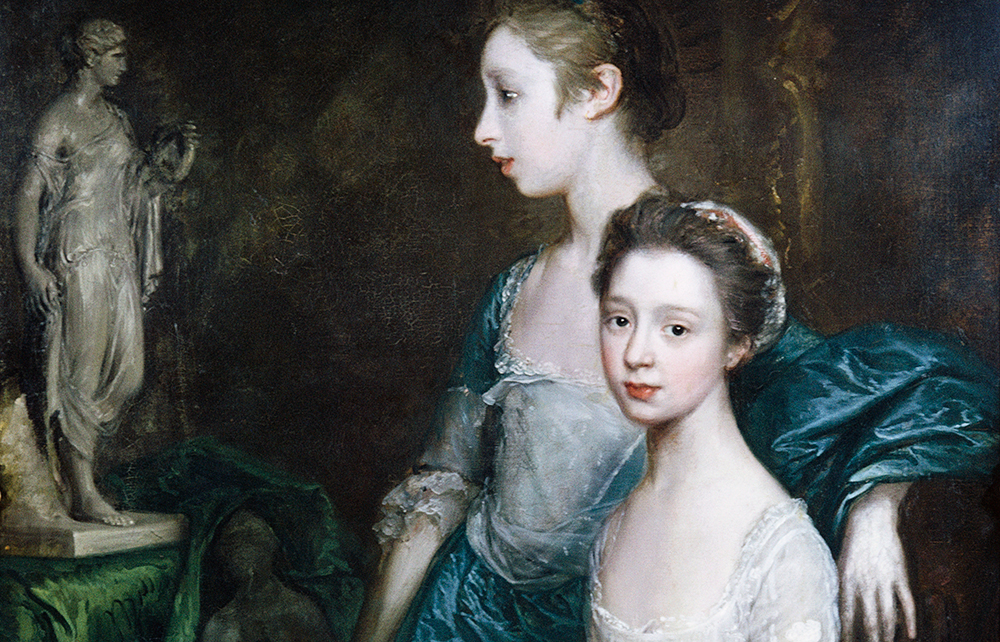Novels about art are often strange, vain affairs. After all, writing about artists, especially fictional ones, can seem like a strained exercise in trying to yoke together two irreconcilable mediums. It is to Anthony Quinn’s credit that his ninth novel, Molly & the Captain, not only succeeds admirably as a centuries-spanning account of the influence and afterlife of the eponymous painting, but manages to say illuminating things about creativity, love and family dynamics in the process.
The book is divided into three sections. The first, ‘Merrymounts’, is the shortest, and is written in an 18th-century literary pastiche style that initially jars but soon enthrals. Exploring the relationship between the Gainsboroughesque portrait painter William Merrymount and his daughters Molly and Laura, the subjects of the dual portrait known as ‘Molly & the Captain’ which Merrymount believes to be his masterpiece, it elegantly paves the way for the two longer tales.

Get Britain's best politics newsletters
Register to get The Spectator's insight and opinion straight to your inbox. You can then read two free articles each week.
Already a subscriber? Log in







Comments
Join the debate for just £1 a month
Be part of the conversation with other Spectator readers by getting your first three months for £3.
UNLOCK ACCESS Just £1 a monthAlready a subscriber? Log in